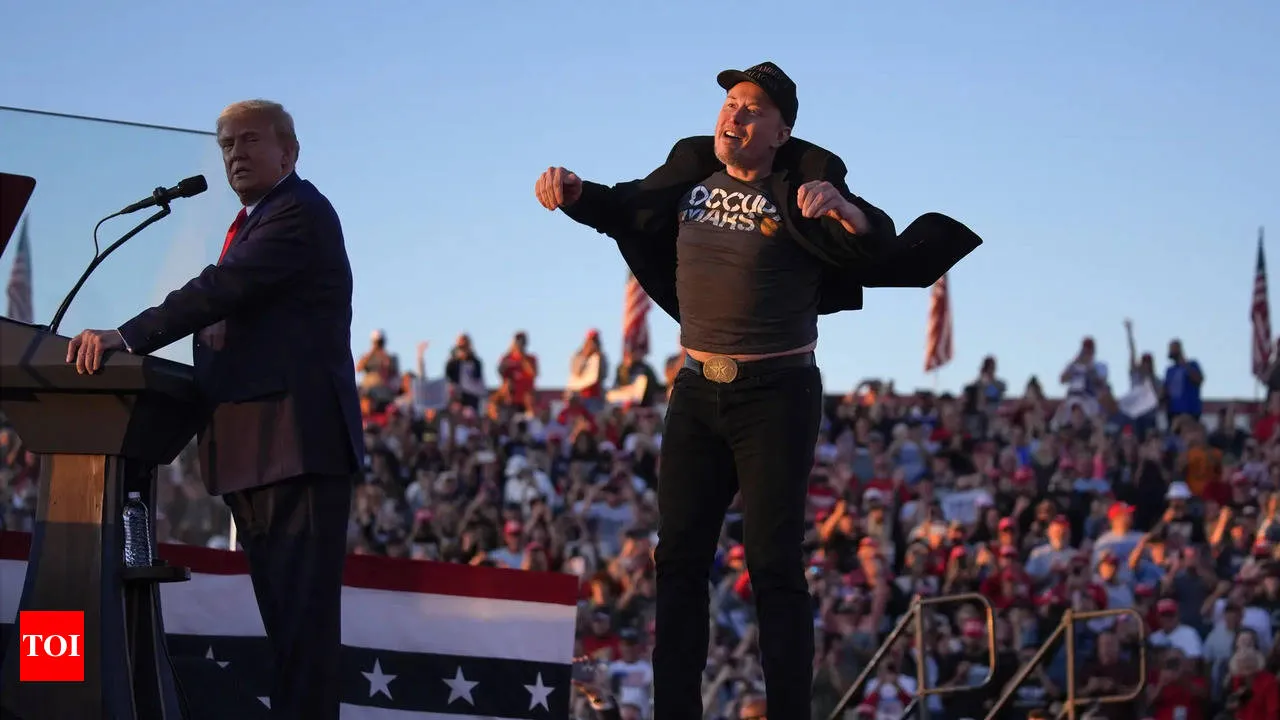Exploring the Legality of Elon Musk's $47 Voter Registration Initiative

Elon Musk's Controversial Voter Registration Incentive
Tesla CEO Elon Musk has launched an initiative through his Elon's America PAC, offering $47 to registered voters who refer others to sign a petition in support of the First and Second Amendments. The campaign aims to collect one million signatures from voters in key swing states, including Pennsylvania, Georgia, Nevada, Arizona, Michigan, Wisconsin, and North Carolina, with a deadline set for October 21.
Legal Implications of the Initiative
The petition focuses on protecting free speech and the right to bear arms, and voters will receive $47 for each referral of a registered voter who signs the petition. The effort is specifically targeting these swing states in the lead-up to the upcoming presidential election.
- During a rally in Butler, Pennsylvania, Musk spoke about the critical nature of the election.
- He described Trump as the only candidate capable of defending democracy.
- Musk highlighted the urgency of Trump's victory, signaling the importance he places on the outcome.
The Distinction Between Petition Signing and Voter Registration
While federal law prohibits payments for voter registration or voting in federal elections, financial incentives for signing petitions are legal. Musk’s PAC offers compensation only for petition referrals, which does not violate federal election laws.
- Critics suggest that the programme may indirectly affect voter turnout.
- Some claim it could serve as a data collection effort.
- However, it remains within legal boundaries.
Trump has expressed his intent to appoint Musk to a government efficiency commission if re-elected, aligning the billionaire’s political initiatives with his own campaign. Musk’s PAC argues that Democrats pose a threat to constitutional rights, particularly free speech and the right to bear arms.
The legality of Musk’s initiative hinges on the distinction between petition signing and voter registration. Since the programme does not involve registering voters or incentivizing them to vote, it is considered permissible under current US election laws.
This article was prepared using information from open sources in accordance with the principles of Ethical Policy. The editorial team is not responsible for absolute accuracy, as it relies on data from the sources referenced.